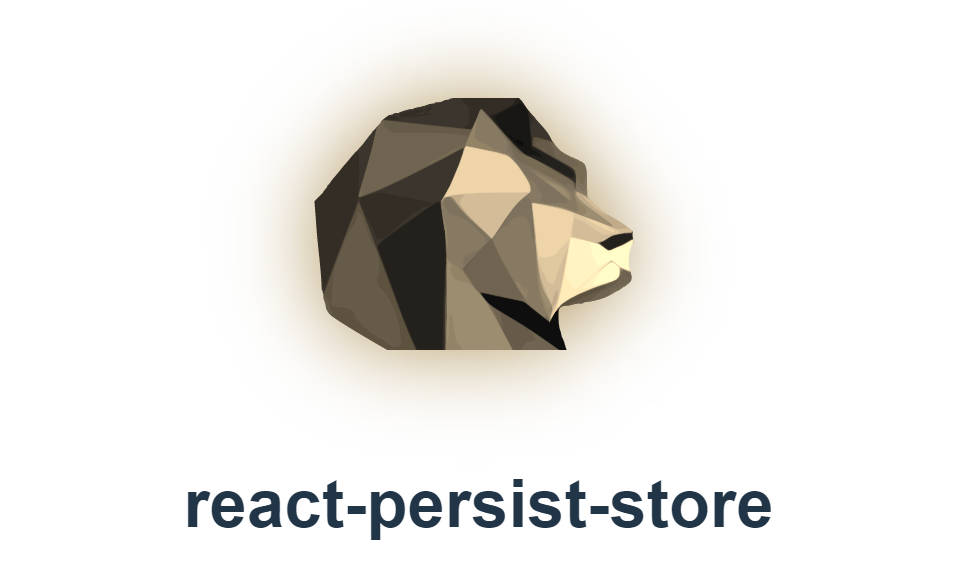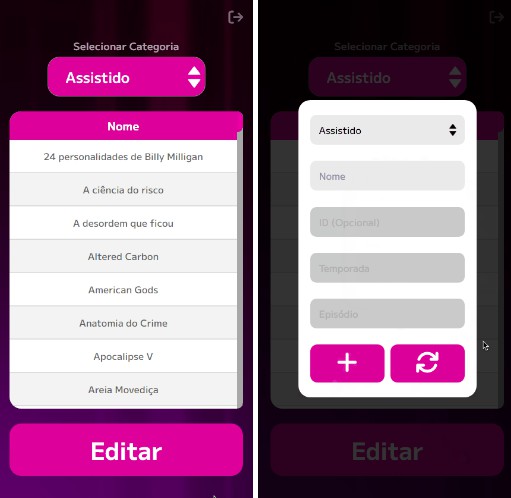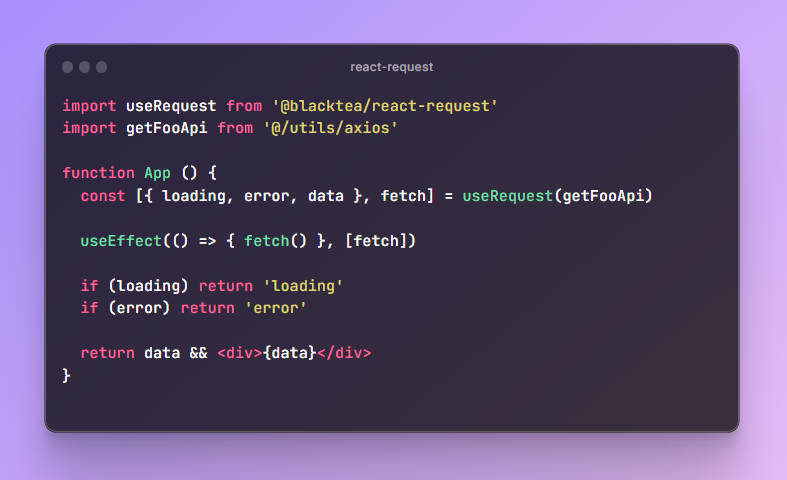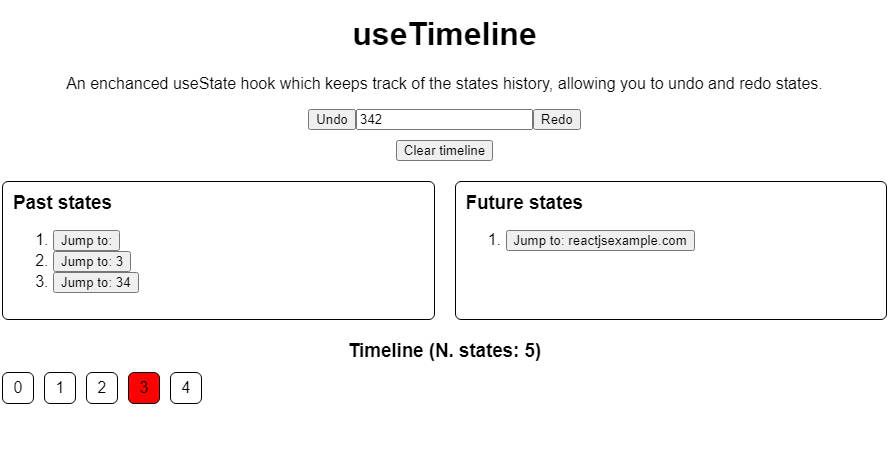react-persist-store
A simple hook-based type-safe store for React with out-of-the-box browser persistence
A persistent storage abstraction for React backed by TypeScript.
Features
- Store and persist data to browser storage by default
- Declare default values and all types will be inferred automatically
- Share state across multiple components with a functional approach to store creation
Getting Started
In react-persist-hook data is written to local storage by default. Types are inferred from the default values passed to the createStore function.
createStore returns another function that is called with a key at the top level of the store. This provides a hook function that is called without arguments.
Installation
-
Install NPM package
npm install react-persist-store
-
Set up your
Storeand create yourhookimport createStore from "react-persist-store"; // Types will be inferred from defaultStoreValues const defaultStoreValues = { // Here user is a namespace to a particular Document store user: { firstName: "", lastName: "", badges: [], // In TypeScript this is never[], you can change this behaviour with createStore<YourStoreType>(...) }, posts: [ /** ... */ ], }; // You can pass options to customise the type of storage, "local", "session", or false to disable persistence // The namespace is prepended to keys in browser storage to separate them from other state // const store = createStore(defaultStoreValues, { storage: 'session', namespace: 'custom' }); const store = createStore(defaultStoreValues); export const useUser = store("user")
-
Use the
hookanywhere in your applicationimport { useUser } from "./store" const Component = () => { // Hooks do not take arguments, and return only: // data - your data with types inferred from your store, or the generic you passed in // update - a function what takes a partial copy of data to update // clearAll - clear all state, including browser storage for this hook const { data, update, clearAll } = useUser() const { firstName, lastName } = data const fullName = `${firstName}${lastName ? ' ' + lastName : ''}` return ( <p> {fullName} </p> ) } export default Component
License
Distributed under the MIT License. See LICENSE for more information.








